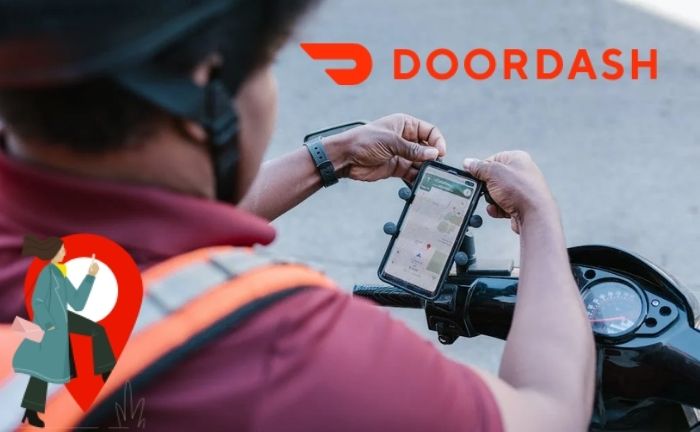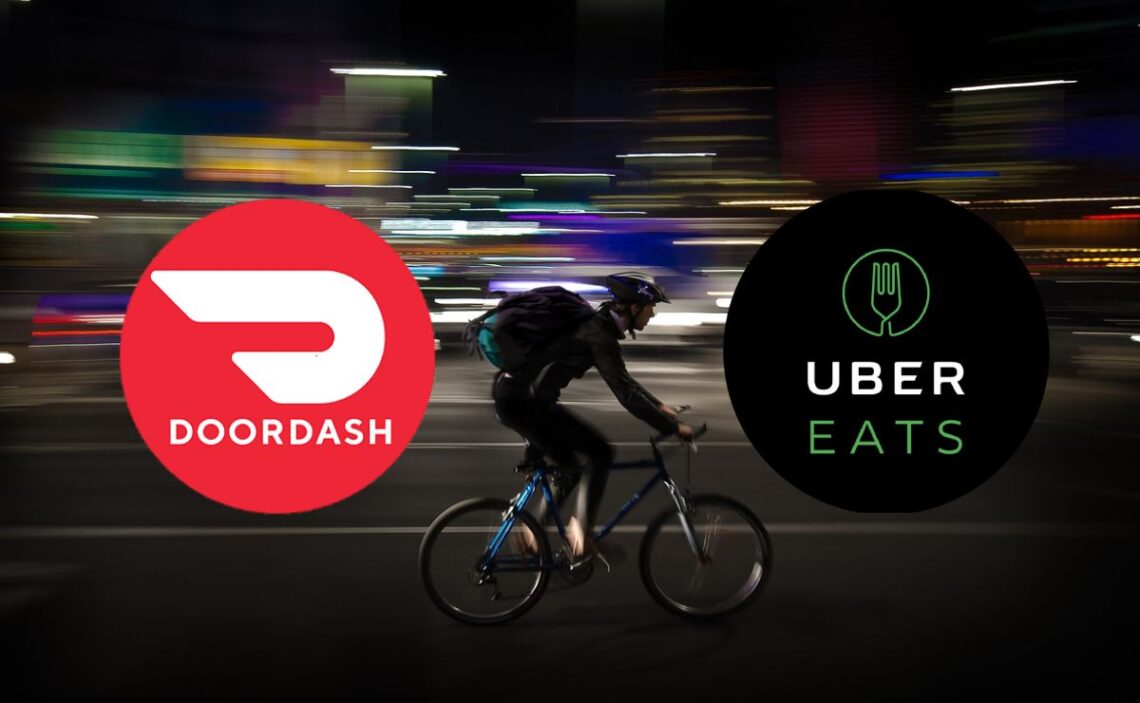New York City recently passed new regulations requiring a minimum wage of $17.96 per hour for delivery workers, like those who work at DoorDash, which will gradually increase to $19.96 per hour by April 2025. Before these regulations, New York City delivery workers earned an average of about $7 per hour without tips.
This change in legislation has caused DoorDash and Uber Eats to increase their order rates in the city while also moving the tipping option in their apps to pay later. These companies argue that this move is necessary to balance the new costs associated with the minimum wage increase for delivery drivers.

Both companies argue that due to the implementation of minimum wage regulations, drivers now earn $29.93 per hour, which includes pickup and delivery time. However, waiting time is not compensated. The option to tip is only offered once the order is delivered and is discretionary to thank for the exceptional service provided.
Uber Eats has been in the news recently for the additional fees it charges its customers, which have raised concerns about its behavior. In addition, the company has also eliminated upfront tips, which has created a stir among customers.
A spokesperson for Uber Eats has attempted to allay these concerns by assuring that these fees should not deter customers from paying couriers. However, the New York Department of Consumer and Worker Protection has refuted the companies’ argument, stating that the change in the tipping policy is a business decision of its own.
These developments have caused much debate among the public, with many questioning the impact of these changes on the gig economy and the workers who depend on it. It remains to be seen how this will play out in the long term and what steps the company created by Tony Xu, Stanley Tang, Andy Fang, and Evan Moore and regulators will take to address these concerns.
DoorDash and Uber eats got more expensive in New York pic.twitter.com/cDiiK2mqK2
— Shawn Green (@Green28838S) December 10, 2023
According to recent research by Business Insider, courier fees in the food delivery sector have been estimated at about $2 for a $30 order. This adjustment in pricing is intended to address challenges facing the industry, particularly in the wake of evolving regulatory and labor standards in key markets such as New York.
The minimum wage law, which went into effect in January 2024, has been significantly delayed due to extensive lobbying efforts by various groups. This delay has resulted in a delay of more than nine months, much to the frustration of those who support the implementation of the law.
However, companies have expressed concerns about the law’s potential impact, citing primarily increased costs and the possibility of job losses. The food delivery giant like DoorDash (and Uber Eats) have changed their payment options in response to these concerns.

So, to summarize, DoorDash and other delivery platforms have eliminated the tipped payment option and introduced a new courier fee to offset the impact of the minimum wage law on their bottom line.


